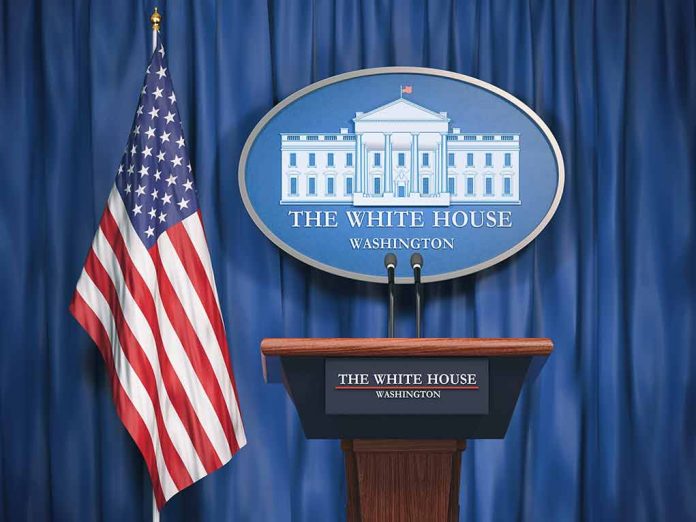
Sen. Mark Kelly comments on Israel’s assassination of Hezbollah leader Hassan Nasrallah, signaling significant geopolitical ramifications.
At a Glance
- The White House was not warned in advance of the airstrike that killed Hezbollah’s leader, Sayyed Hassan Nasrallah, in Beirut.
- The US assumed the airstrike caused civilian casualties.
- Iran accused the US of being complicit in Israel’s actions and promised retaliation.
- President Joe Biden emphasized the need to avoid an all-out war in the Middle East.
- The US reaffirmed its “ironclad” support for Israel’s security.
Sen. Kelly’s Comments on “Meet the Press”
Sen. Mark Kelly, while discussing Israel’s assassination of Hezbollah leader Hassan Nasrallah on NBC News’ “Meet the Press,” highlighted the event’s profound implications for Middle Eastern geopolitics. He pointed out that this strategic move sends an unequivocal message about Israel’s unwavering dedication to its national security. By targeting the head of a significant militant organization, Kelly argued that Israel aims to diminish Hezbollah’s influence and demonstrate its willingness to take decisive actions despite regional complexities.
The Israeli Defense Forces (IDF) confirmed the killing of Nasrallah and another top Hezbollah leader in recent airstrikes over the weekend. This significant development has heightened the tension in the region, with Iran accusing the US of being complicit and promising retaliation. National Security spokesperson John Kirby confirmed that the US was not informed beforehand and that President Joe Biden learned about it after Israeli planes were already in the air.
US Reactions and Concerns
The US assumed the airstrike caused civilian casualties, a concern confirmed by John Kirby, although he couldn’t quantify the impact. Kirby stated, “We certainly assume there have been civilian casualties. I don’t think we can quantify it right now but we are in touch with our Israeli counterparts.” Kirby also acknowledged the strategic advantage of decimating Hezbollah’s command structure without directly criticizing Israel’s techniques.
The US remains concerned about the conflict escalating into a regional war. Secretary of State Antony Blinken, who learned about the strike upon landing in Washington, has advocated for diplomacy. Secretary of Defense Lloyd Austin reiterated Israel’s right to self-defense and emphasized the US commitment to deterring Iran and its proxies. President Joe Biden plans to speak with Israeli leader Benjamin Netanyahu to prevent an all-out war in the Middle East.
WATCH: Sen. Mark Kelly (D-Ariz.) says it’s “good” that Hezbollah leader Nasrallah is dead after an Israeli strike.@SenMarkKelly: “The message has been sent, and my hope is that there is not further conflict in the northern part of Israel.” pic.twitter.com/3WwAXftQxj
— Meet the Press (@MeetThePress) September 29, 2024
Broader Implications for Middle East Stability
Sen. Kelly and Sen. Marco Rubio (R-Fla.) shared concerns about Iran’s potential retaliation and the broader implications for Middle East stability. Kelly noted that the IDF’s actions have sent a “powerful message” to Hezbollah and expressed hope that further conflict in northern Israel can be avoided. He described the situation as challenging for Israel and justified their retaliation by emphasizing Nasrallah’s role as a terrorist responsible for many deaths.
There are ongoing fears that the conflict could escalate into an all-out war. The US has reaffirmed its “ironclad” support for Israel’s security and continues to work with international partners to diffuse tensions. Secretary of State Blinken and Secretary of Defense Austin are actively involved in diplomatic efforts to ensure stability in the region.
Sources
1. US was not given notice of Israeli strike that killed Nasrallah, top Biden aide says















